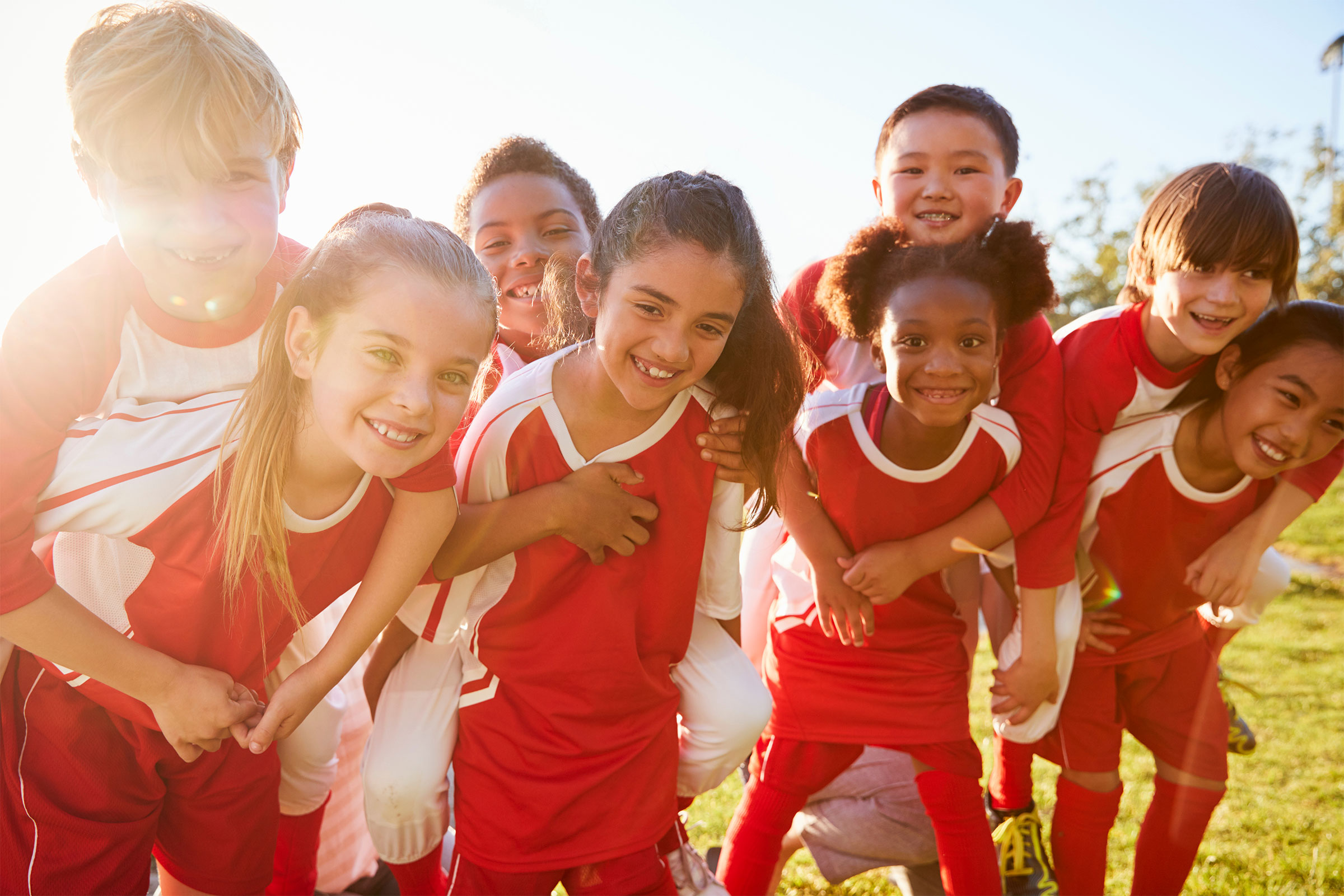“Tennis, football and the like do not have for their sole purpose the accurate moving of a ball, but they challenge us to acquire a new skill -something lacking before - and this feeling of enhancing our abilities is the real source of delight in the game.” Maria Montessori, The Absorbent Mind, p.164
More than 6 billion people in the world are interested in sports. It is universal in its appeal to children. Therefore, sports must be part of Montessori education. Lack of movement is one of the biggest threats to health in modern societies. Technological developments contribute to a sedentary lifestyle. Obesity is a serious threat to mental health and quality of life.
Sport, in comparison to traditional physical education, offers a more concrete and culturally embedded point of interest for children. It enhances the physical, emotional, and spiritual development of children, provided that it is designed and maintained using Montessori principles. When applied to sports, the Montessori philosophy encourages children to set personal goals, strive for improvement, and take pride in their accomplishments, fostering a strong sense of self-worth and emotional well-being. This approach aligns perfectly with the human tendency for self-perfection. Such a Montessori environment enriched with sports also cultivates a sense of sportsmanship and respect for others. Here it strongly connects with the grace and courtesy that is already present in the Montessori environment.
In addition to that, in a sports environment based upon Montessori principles, competition takes on a healthier and more constructive form. Rather than pitting children against each other solely for the sake of victory, the emphasis is on individual process and effort. Children are encouraged to compete with themselves, aiming to enhance their own abilities and reach their full potential. This approach also helps children to deal with success and failure later in life. Sometimes you do or don’t get that job, sometimes you do ‘win’ or ‘lose’ something or somebody and a more constructive view on competition can help children prepare for dealing with these circumstances.
To conclude, sports should be an integral part of Montessori education, as they align with the universal interest children have in them. The sedentary lifestyle caused by technological advancements poses a significant health threat, including obesity and its impact on mental wellbeing. Sports environments, based upon Montessori principles, enhance the physical, emotional, and spiritual development of the child. It fosters sportsmanship and respect for others, echoing the grace and courtesy already present in Montessori environments. Furthermore, by reframing competition, aligning with the human drive for self-perfection, we can empower children to handle success and failure gracefully.
“Much is said today of the moral advantages of sports…because organized games, and this is most important, demand an exact use of objects and consequently concentration and a complete control of one’s movement. Games thus lead to a feeling of rivalry and animate the participant with a spirit of competition. And this, in comparison with aimless play, represents moral progress.” Montessori, Maria, The Discovery of the Child, page 97
Ruben Jongkind, Patrick Oudejans and Jip Bartels, AMI Trainers for Montessori Sports
